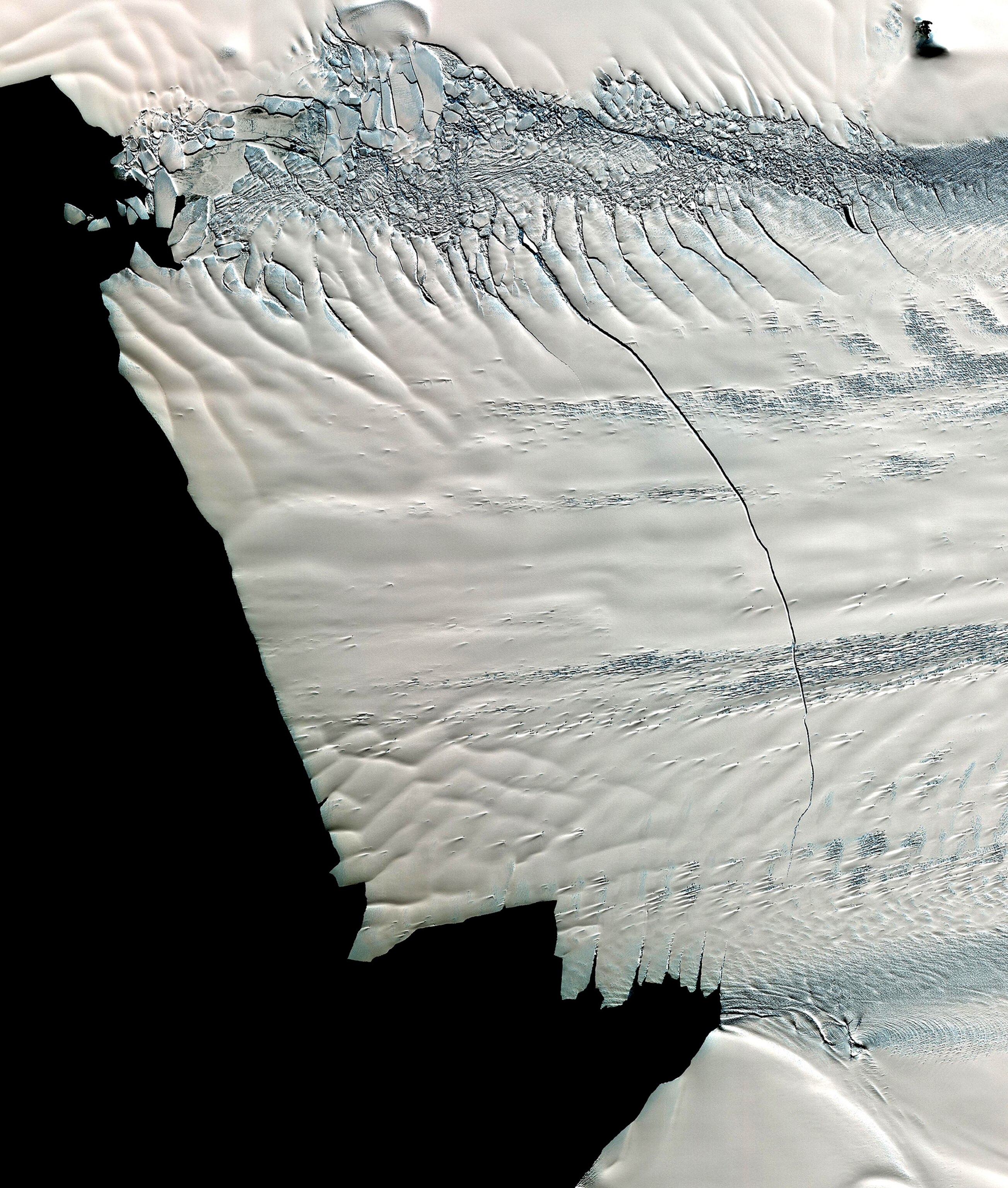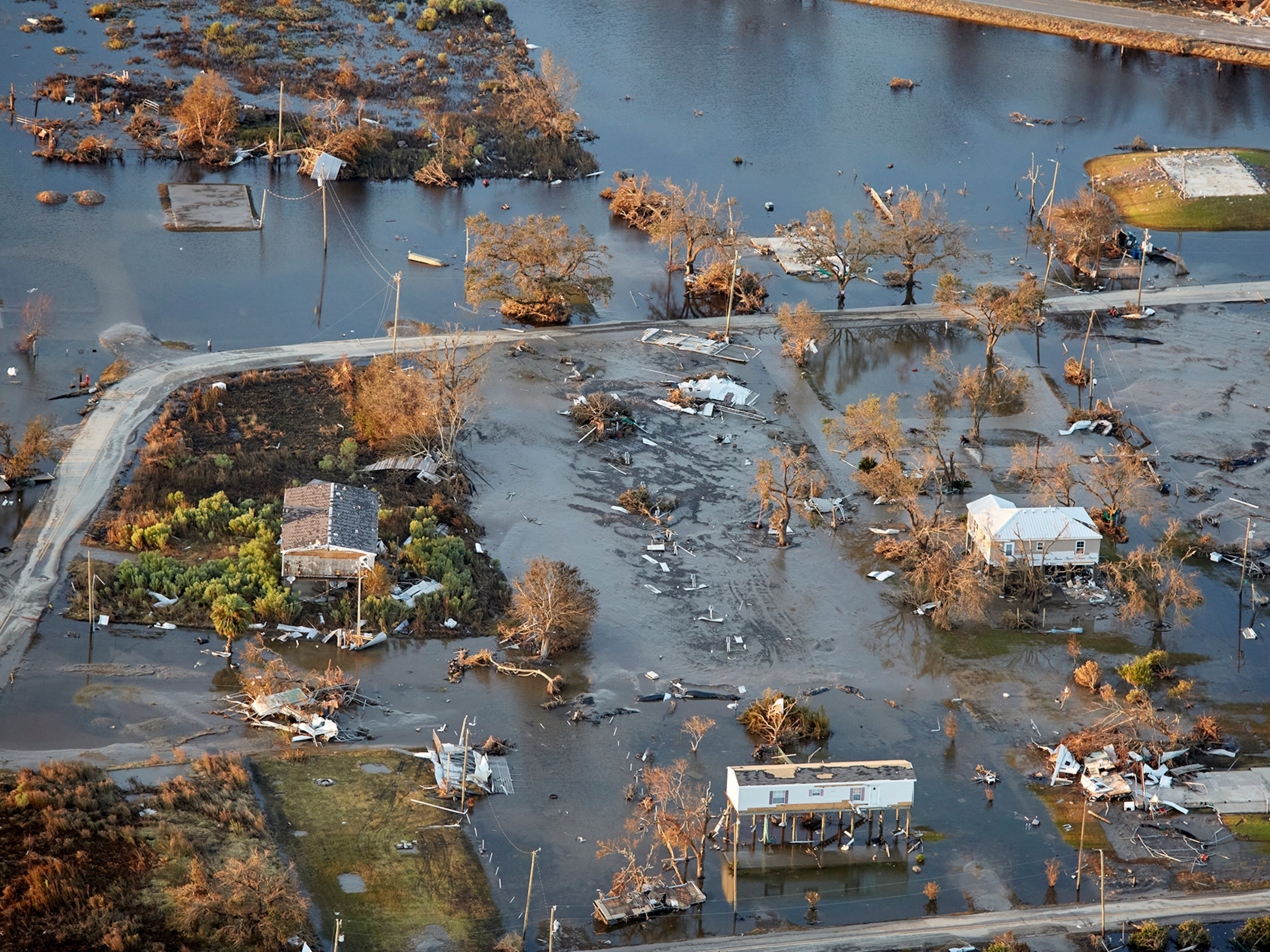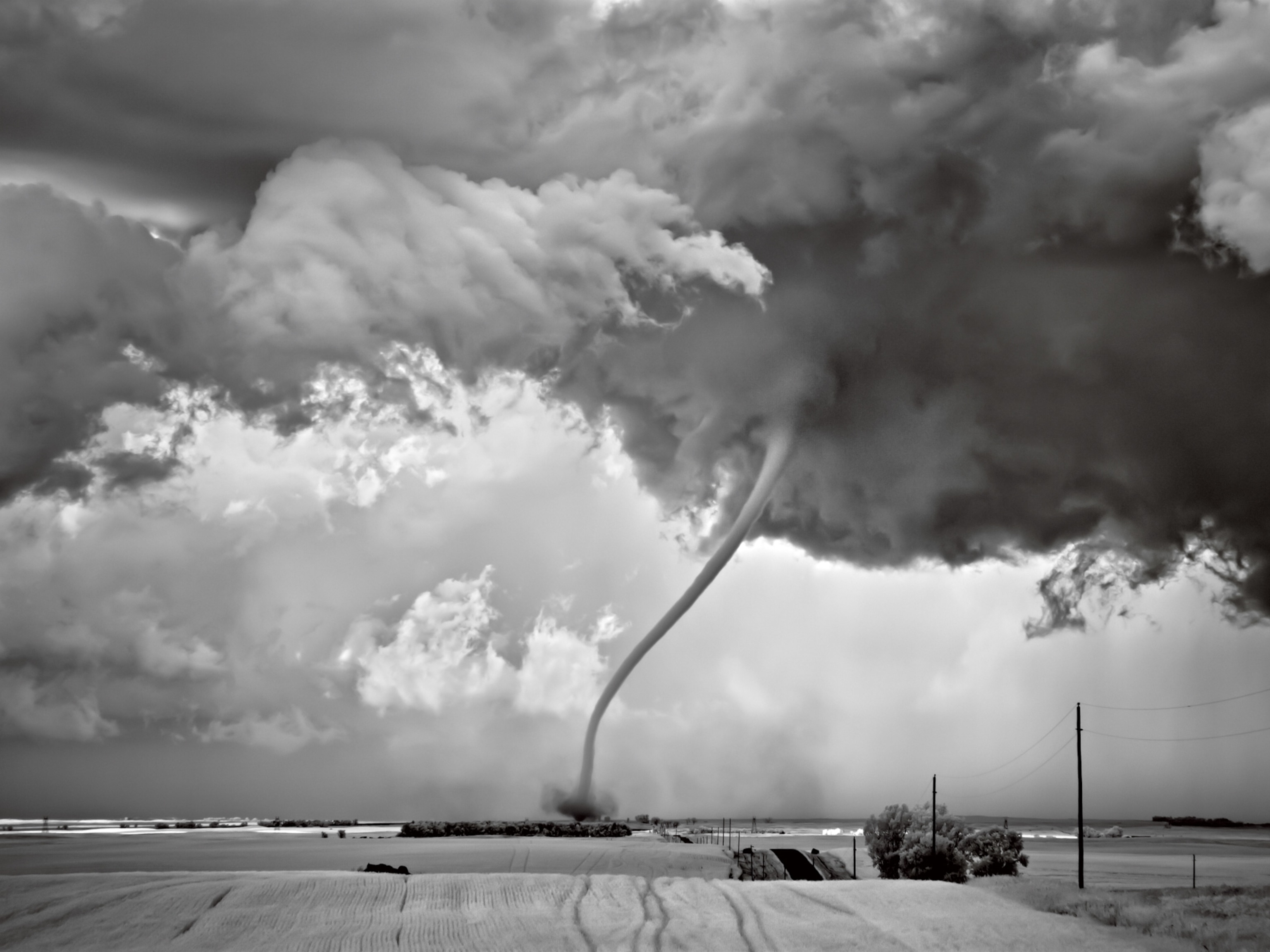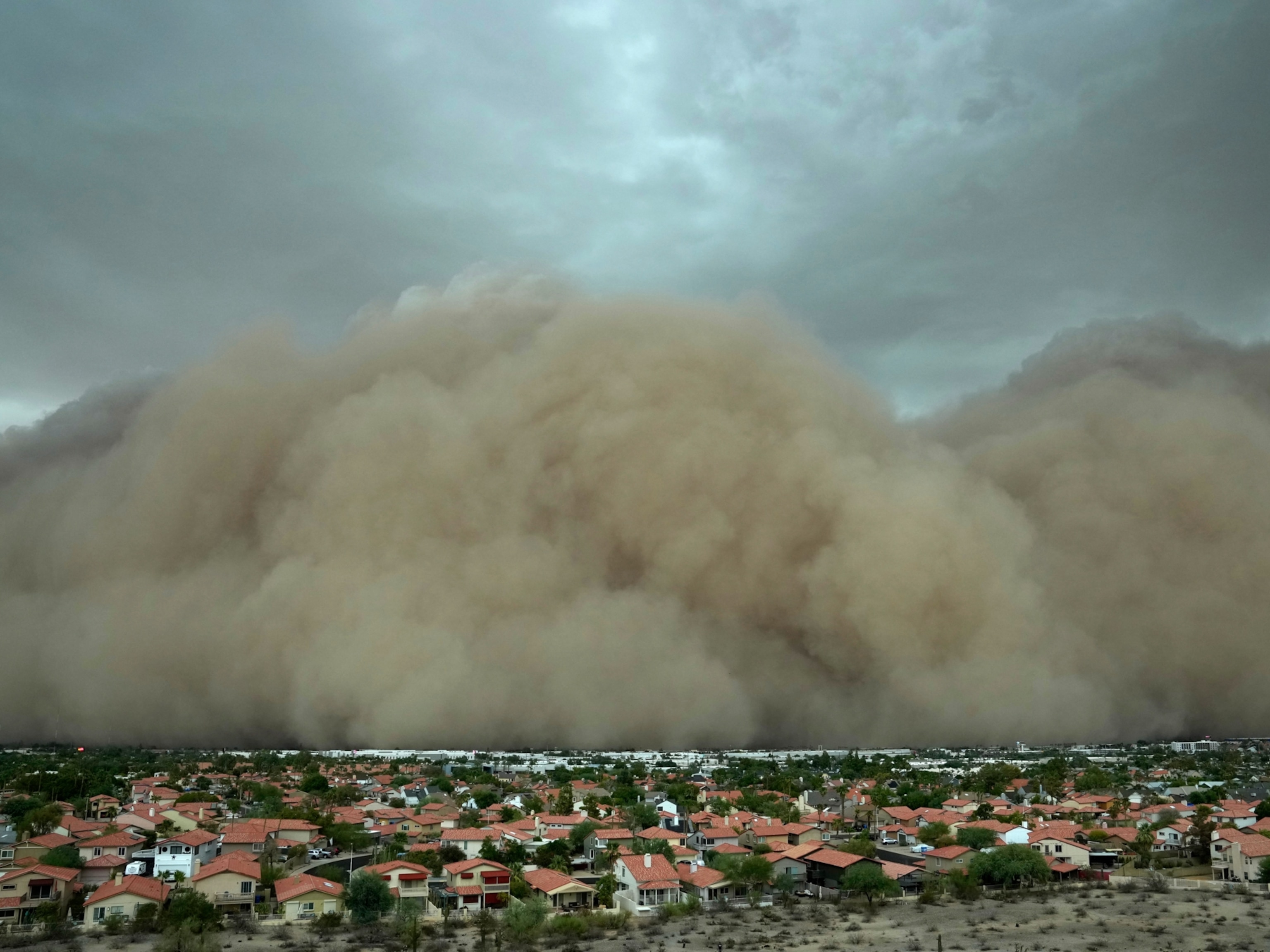
Shift in Antarctic Winds Drives "Collapse" of Glaciers
Melting of glaciers is accelerated by stronger winds, scientists say.
The "unstoppable collapse" of glaciers in West Antarctica announced by scientists this week has one key cause: shifting winds. Stronger winds are pushing warm water under coastal glaciers and melting them. The process is expected to intensify in the coming decades.
Two research papers published Monday found that six major glaciers along the Amundsen Sea in West Antarctica are thinning more rapidly than expected and contributing to sea-level rise. Warm water is coming into contact with the bottom of the glaciers as they hang over the edge of the ocean and/or as they "float" over bedrock that is below sea level. (Read "Rising Seas" in National Geographic magazine.)
"Exactly how the warmer waters got there is still somewhat under discussion," says Richard Alley, a professor of Earth sciences at Penn State University in State College, Pennsylvania, who was not involved in either paper but who has studied glaciers extensively.
Changes in wind patterns around Antarctica are considered the most likely source of the warmer water, says Alley. As to why the winds have shifted down south, "global warming, the ozone hole, and natural variability are all suspects—the most likely answer being that all three played a role."
Eric Rignot, a glaciologist at the University of California, Irvine and NASA's Jet Propulsion Laboratory, agrees.
"The key is the recent change in ocean circulation," says Rignot, who was the lead author of a paper on melting Antarctic glaciers appearing in Geophysical Research Letters, a journal of the American Geophysical Union.
"Warm waters are already [present in the area] and are being pushed to a different location." (See interactive: "If All the Ice Melted.")
Winds and Currents
A current of warmer water called the circumpolar deep current encircles Antarctica. It typically lies around 130 feet (40 meters) below the ocean surface and consists of water that is warmer and saltier than the water above.
The reasons for that stratification are complex, says Rignot, and include the cooling that occurs from evaporation at the surface, the impact of rain, and large-scale weather patterns.
The circumpolar deep current is especially close to the coast of Antarctica along the Amundsen Sea. When the winds are strong, they push the warmer water in the current up toward shore and under the glaciers, says Rignot. That causes them to melt faster.
Since the 1970s, those winds have increased in strength by about 15 percent. "That's not outrageous, but it's significant," says Rignot.
He adds that the winds are expected to keep strengthening in the coming decades, which is likely to drive more glacier melt.
Blowing in the Wind?
Antarctica as a whole has not warmed as fast as some other parts of the planet, says Rignot. This temperature differential is the main reason that Antarctica's winds have sped up.
The greater the temperature difference at the pole, the stronger the winds get and the more they shift southward. The southward shift of the strong westerly winds called the "Roaring Forties," which is expected to lead to drought in Australia, is part of the same process, says Rignot.
The hole in the ozone layer also may be contributing by keeping Antarctica colder, thus increasing the strength of the winds, says Alley. Despite the global ban on CFCs, the hole won't really start closing for several decades.
Next Steps
The next step toward understanding this process better is to couple wind pattern modeling with glacier melt modeling, says Ian Joughin, the lead author of a paper on the melting of Antarctica's Thwaites glacier that was published in Science on Monday.
Joughin says his team had based their projections for the demise of the Thwaites glacier on current melting rates. They came up with such a broad range for the loss of the ice, between 200 and 900 years, because they had to account for unknown variability in winds and climate.
Combining climate and wind modeling is "not a trivial step," he says. "For one thing, getting climate right for a thousand years in the future is difficult."
Rignot says scientists are years away from making accurate wind and glacier projections with short date ranges. But he says current understanding still provides plenty of useful information about what's happening in Antarctica, and how that may affect sea level around the world.




